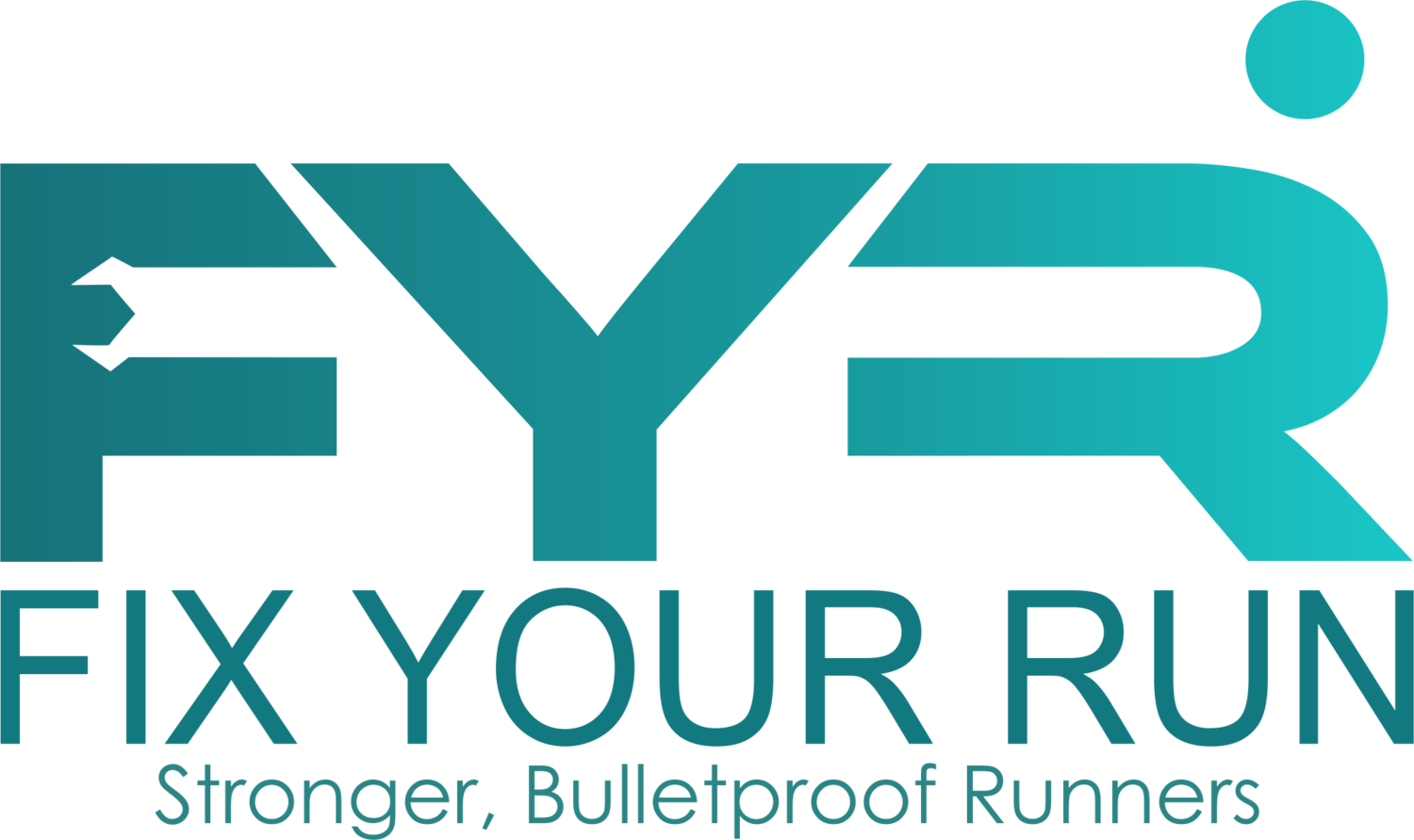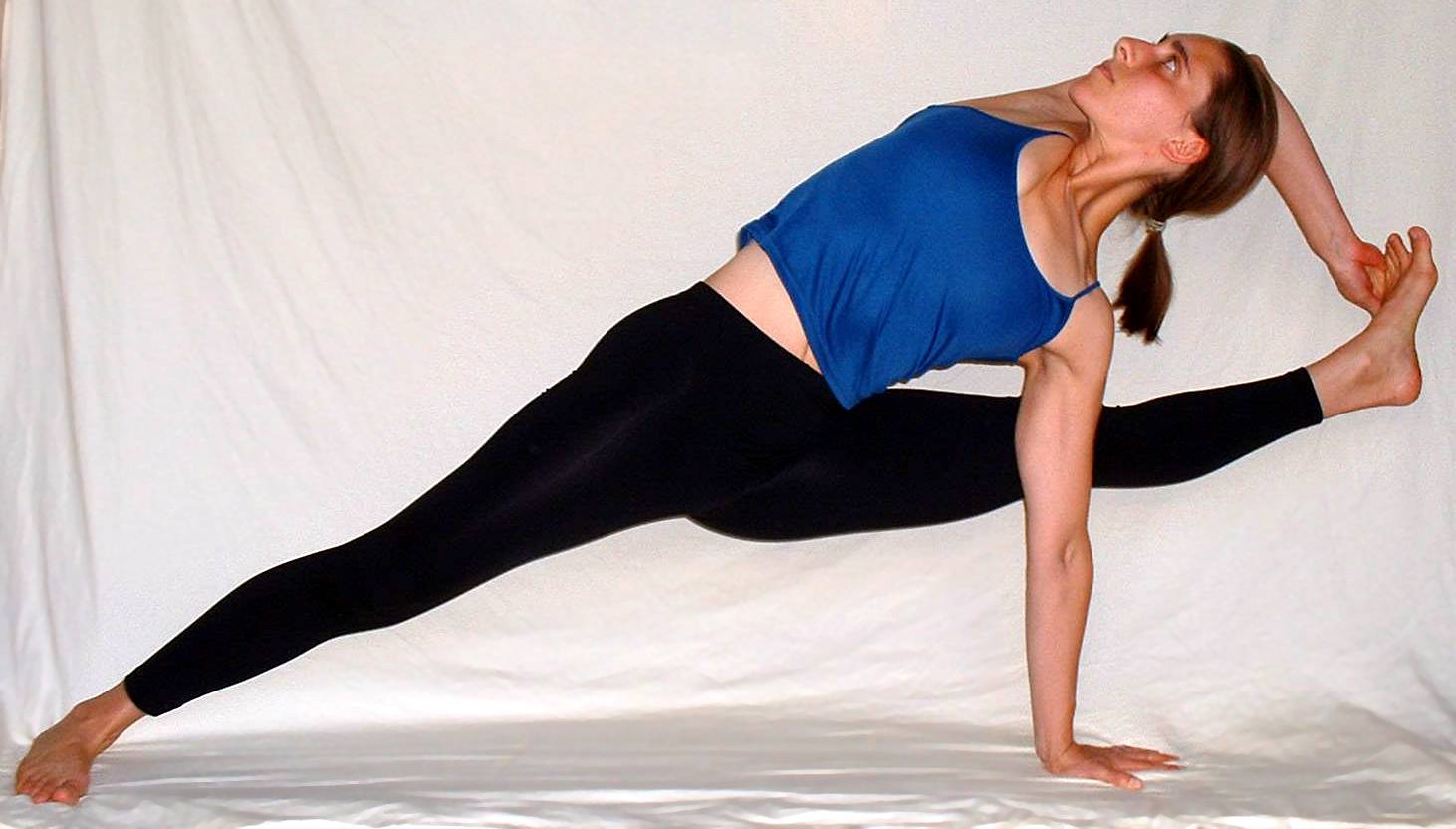Or so it seems.
As you'd expect, many long-time runners and desk jockeys are commonly labeled as being stiff. But hang out with any dedicated yoga practitioner and you'll even hear them complain about being tight!
I mean, if yogis are tight, then do I even have a prayer as a runner?
So what is the logical thing most people do if they notice they have a tight muscle? Why, stretch, of course. The thinking goes that we'll yank on those muscles so hard that they'll have no choice but to get longer.
Not so fast.
Today I want to briefly touch on one of the biggest reasons as to why your muscles are tight. Identifying the cause of your specific tightness is key if you have any hope of resolving the issue.
The Number One Cause of Tight Muscles Is...
STRESS. Surprised? Where are your shoulders right NOW? Pressing against your ears, perhaps?
Where does everyone say that they store all of their tension? Oh, yeah, the trapezius muscles in the upper back. Hmm, is it a coincidence that they're same muscles that are working ALL DAY to help you breathe (incorrectly) and hold those shoulders up around your ears?
When your body is in a state of “fight or flight” your breathing gets shallow and your body protects itself by tensing up. Thing is, this happens so often in our lives that it becomes the norm. And in our culture, the mentality is always “go, Go, GO” which perpetuates the problem.
So naturally our response is to default to our other mentality: “no pain, no gain”. We stretch the same way as we play or do business. We push ourselves. We figure that by really yanking the hell out of that muscle that we'll force it to get longer.
Too bad that is NOT addressing the cause of your tightness. And it will actually yield the opposite result: a tighter muscle! You see, by pulling on a muscle to the point of discomfort, you actually invoke a stretch reflex that causes the muscle to tighten up and protect itself.
An Easy Way To Manage Stress
It's unrealistic to get rid of all of the [perceived] stress in your life, but what you can do is manage it better.
Relaxation, meditation, or simply focusing on breathing properly with your diaphragm can be super effective at restoring length to your muscles. Instead of “treating the symptom” by yanking on some muscles that will be just as tight tomorrow even if you stretch for an hour today, why not consider addressing the cause? If you'd simply learn how to relax, you wouldn't have to stretch in the first place.
Here's a quick video demonstrating something called crocodile breathing. This is the first technique I use when showing someone how to finally reconnect with proper breathing patterns. I won't get into all of the other powerful reasons to adopt this breathing strategy, but suffice it to say if you continue to “chest” breathe rather than breathe diaphragmatically, you are leaving quality of life on the table!
http://www.youtube.com/watch?v=nj1VB25oAc4
This Sh*T Works, Promise.
Perform a stretch without straining at all. Stop at the first “barrier”. Note where you ended up.
After breathing this way for 5 minutes, repeat the stretch. Did you improve?
If so, it must have been all that stretching that you didn't do ;-)


